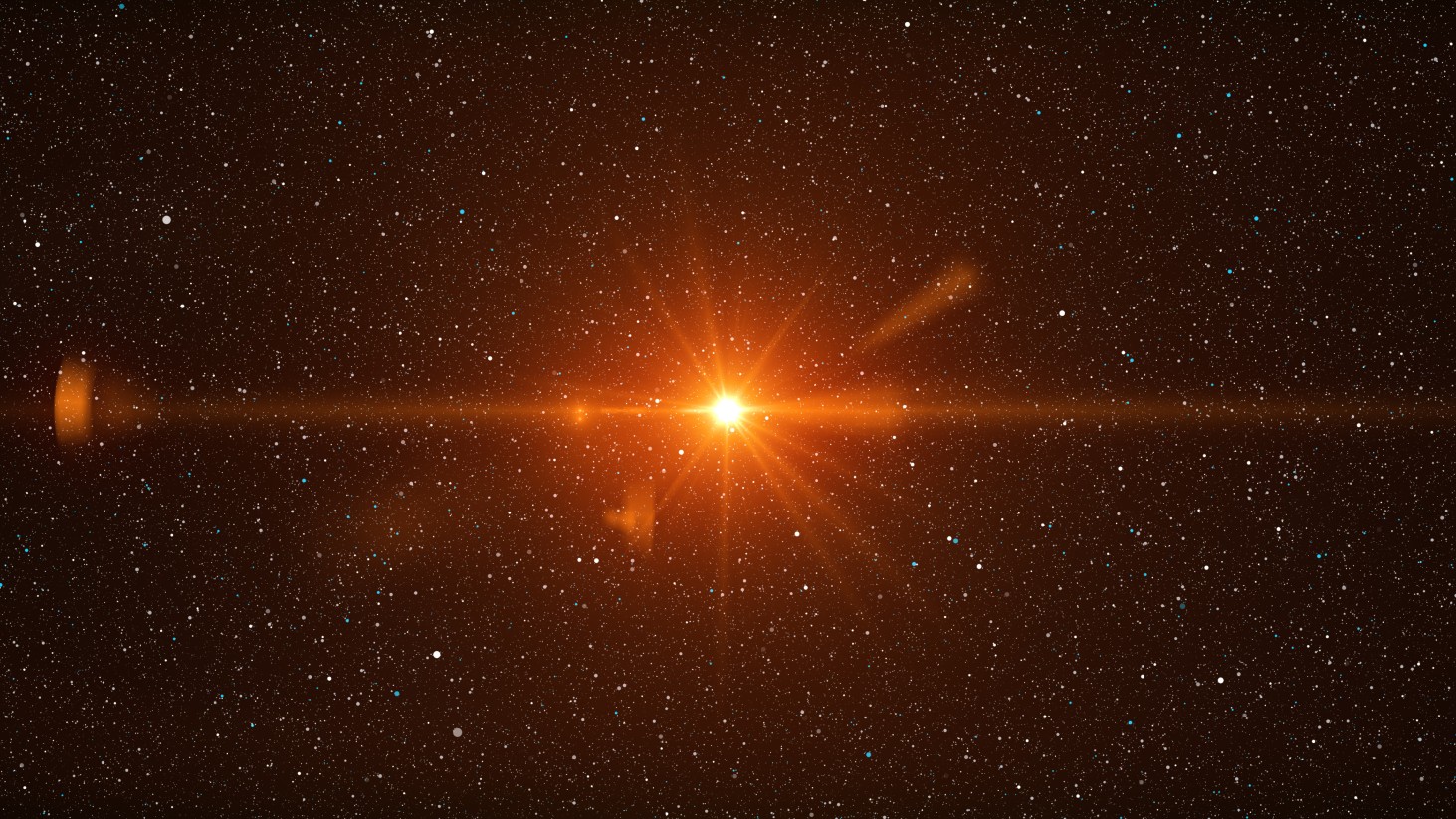Chris Anderson, author of The Long Tail and Free, reflects on what forces helped him arrive at his new concept.
Question: How did you arrive at this concept of free?
Chris Anderson: I talk a lot about my youth. Growing up as a kid in the 70s you come home from school and you watch TV. Right? Gilligan’s Island like you probably did. You probably didn’t. You’re a little younger than me. But in the 70s that’s what you did. And had you measured that Neilson statistics would be pretty clear. 60 percent of American households watch Gilligan’s Island. You would have concluded that this was, sort of, a Darwinian perfection. We had reached the optimal form of programming for 12 year old boys. Then move it forward a little bit. Add cable TV, digital cable, hi capacity to Hulu, YouTube, the internet, etcetera, and now you realize that we, of course, had confused supply with demand.
I watched Gilligan’s Island because it was the only thing on. There were four channels: three soap operas and Gilligan’s Island. I watched what was on. We had a distorted sense of who we are, who we were and we now measure who we really are. We’re more diverse. There’s more concepts out there. Our tastes are more refined than the mass market approach reveals. That led to that first book which was sort of quantifying the true shape of demand unencumbered by distribution scarcity and then that changed the culture. It created some business opportunities, but it was a cultural phenomenon. As I was reflecting on some of the cultural changes that had come from The Long Tail and this infinite shelf space, I was reflecting on the reality that we could only have infinite shelf space if the shelf space costs nothing, if it’s free. Only if it’s free, you can be indiscriminate about what gets out there. Only if you have free video distribution, can you have YouTube.
You know, where it’s YouTube and not guy in suit tube which, by the way, defines the previous era of television. As you think more about free, you realize this word free is both the underlying economics of free. In other words, free distribution, free productions are driving this explosion of productivity. This explosion of a range of what we make and who makes it as well as the price of what these products cost. Then you think more about it and you realize that we built a country sized economy, like a Germany size economy online, with a base price of zero. This is kind of a big deal. And that, no doubt, there should be economic theories to explain it or books about it and there was nothing, so I felt I needed to fill that gap.
Recorded on September 30, 2009





